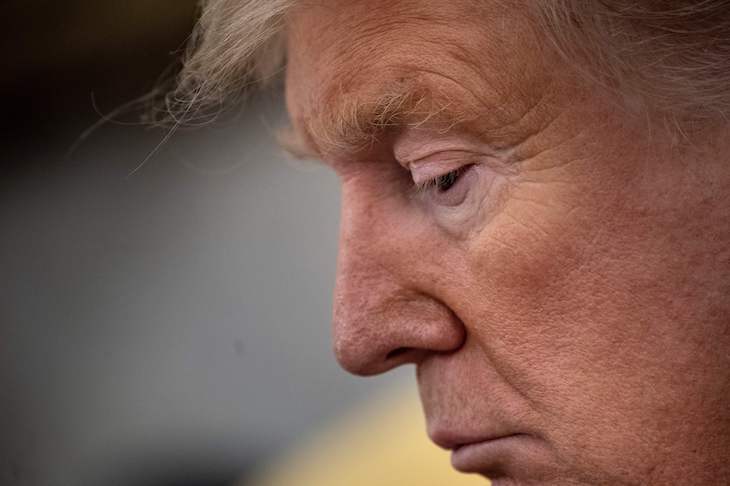The official impeachment debate on the floor of the House of Representatives began with a solemn call from Speaker Nancy Pelosi:
‘We gather today under the dome of this temple of democracy to exercise one of the most solemn powers that this body can take: The impeachment of the President of the United States’.
The debate, however, was anything but. The proceedings were at once lively, ridiculous, childlike, and downright sad. The all-day spectacle was less a debate than a marathon screaming match, where grown men and women in ties, black shoes, and pantsuits were making the same points Americans have heard over and over again for the last ten weeks. To Democrats, President Trump is a criminal, a traitor, and a danger to democracy itself—someone who would just as well use the US Constitution as toilet paper. To Republicans, Trump is a victim of a political hatchet job, an honest, hard-working American who did nothing wrong but is nonetheless being persecuted worse than Jesus Christ himself. It is not Trump who should be impeached, GOP Rep. Ralph Abraham lectured the floor, but rather Pelosi for abusing her power and allowing this ‘witch hunt’ to continue.
At the end of the nine-hour saga, the House voted as one could have predicted a week, two weeks, or eight weeks ago. Donald J. Trump is now the third president in American history to be impeached, an asterisk only shared by Andrew Johnson and Bill Clinton. Sure, Trump will put up a good front in public and pretend such a distinction doesn’t bother him in the least (his tweets and letters would suggest otherwise). But make no mistake: as somebody who cares about his public reputation as much as his oversized ego, Trump is stewing on the inside. For Trump, a man who views public humiliation as a modern-day black-death, the House of Representatives making it known that he should no longer have the honour of holding court in the White House is a humiliation of worldwide proportions.
The rambunctious House has done its job. Now it’s the more high-browed and collegial Senate to do theirs. But don’t expect much collegiality here either; the top Senate Republican, Sen. Mitch McConnell, has already rejected the list of witness Democrats would like to hear from. McConnell has also exonerated the President before the House has even appointed its team of prosecutors. The trial will be a trial in the very loose sense of the word. The prosecutors and defenders will deliver their cases, but the rules will be dictated solely by the Republican majority. Impartiality has no home on Capitol Hill.
Sen. Chuck Schumer, the top Democrat, of course made up his mind about Trump’s guilt as soon as the impeachment inquiry was launched and is prepared to use whatever power he possesses to force Republicans to vote down his request for witnesses. Like the House, the verdict in the Senate is precooked: no Senate Republican will join Democrats to convict Trump and remove him from office. Even Sen. Mitt Romney, the 2012 Republican presidential nominee and Trump’s loudest critic in the party, remains careful not to stray from the President. So Democrats are left with very few options. Their best plan includes forcing as many tough votes as possible in order to put swing-state GOP incumbents in the difficult position of staying loyal to Trump or keeping a facade of independence.
Senators could begin hearing arguments for and against Trump’s removal in the first week of January. A surprise witness is not off the table, but the weeks-long trial will probably conclude with no witnesses at all. Senators will take their votes. Trump will be acquitted as was long anticipated. But the stench of impeachment will remain in the halls of the White House because the Democratic Party has no reason to drop it. After all, we are in an election season where winning will partly hinge on which party can motivate more of its core supporters to the polls.






Comments